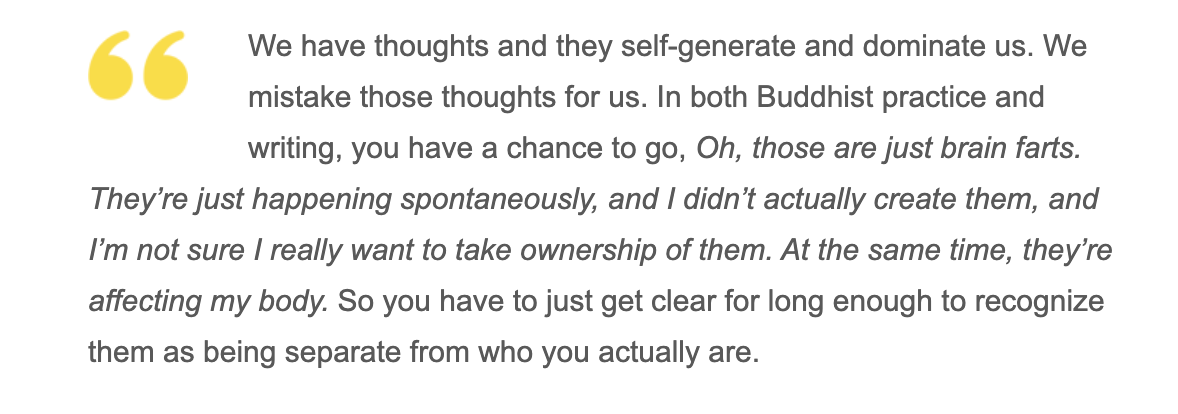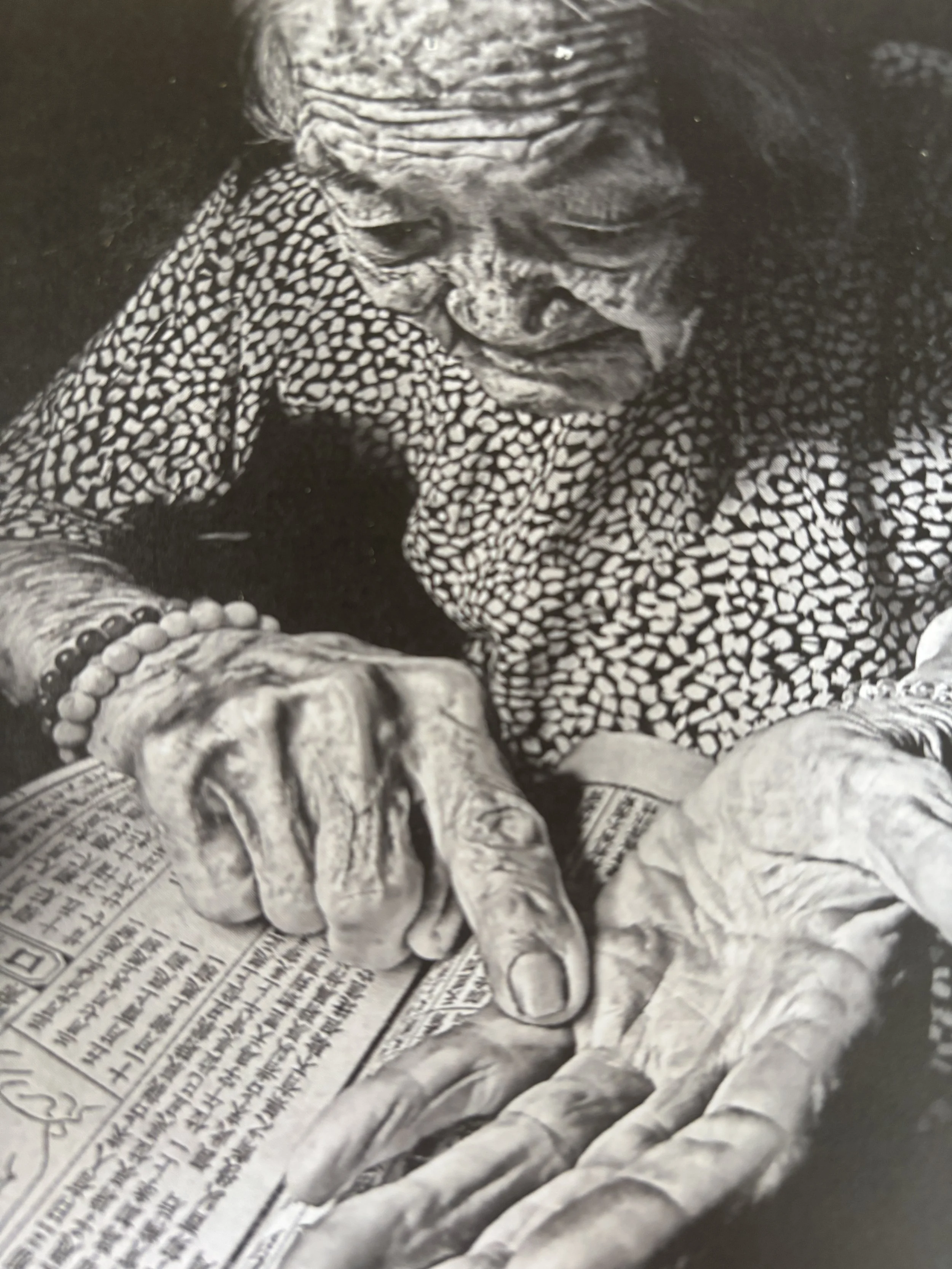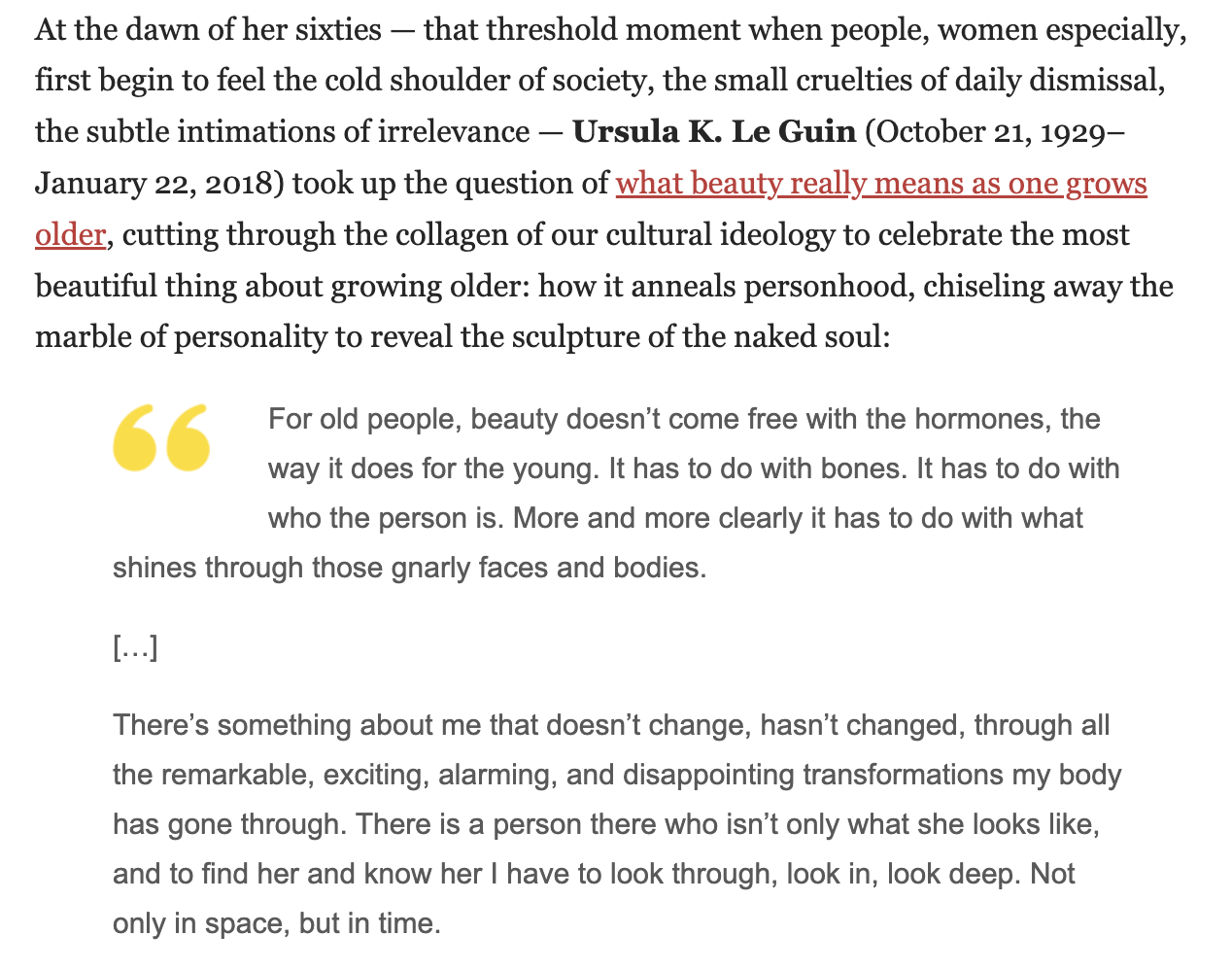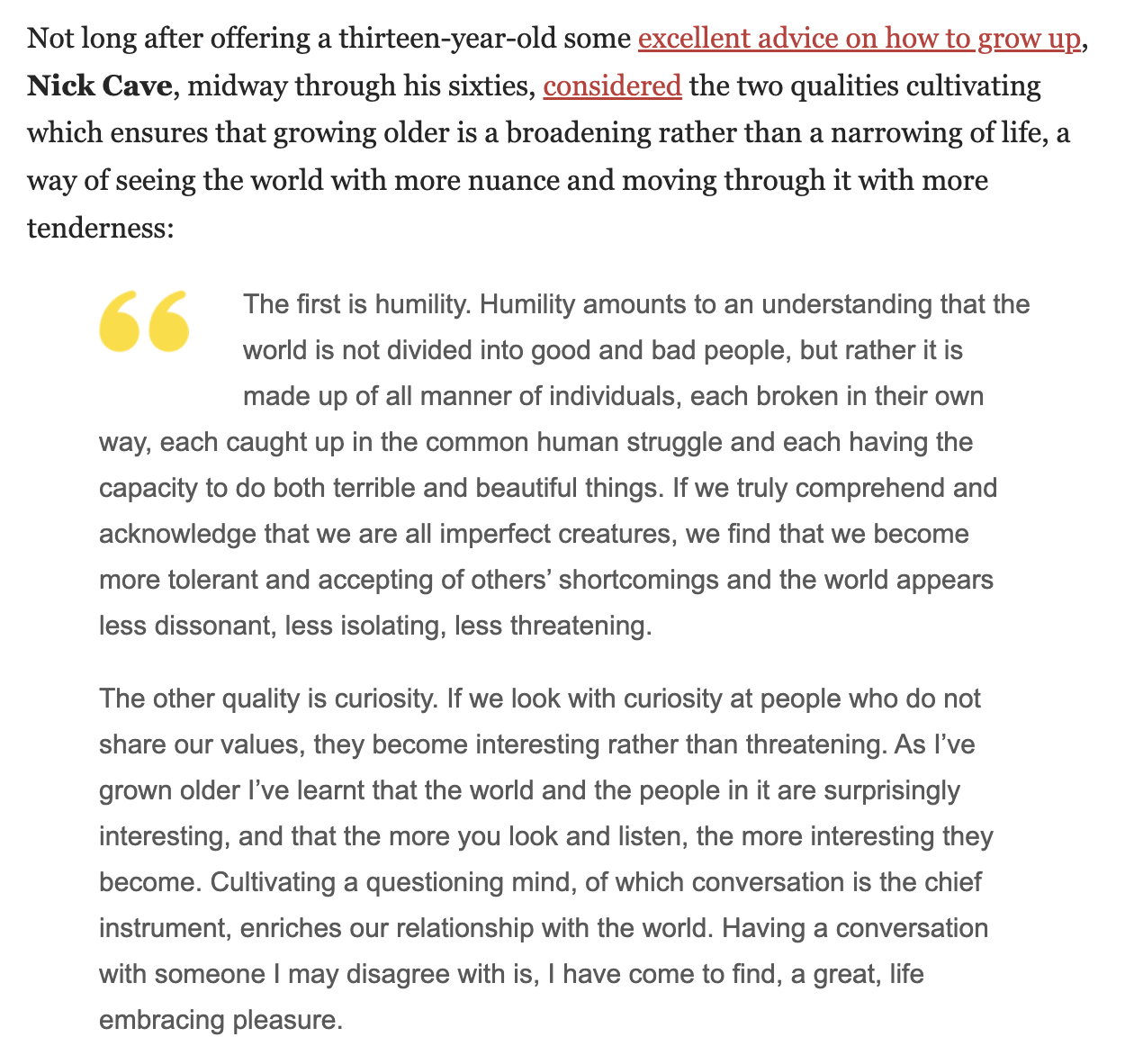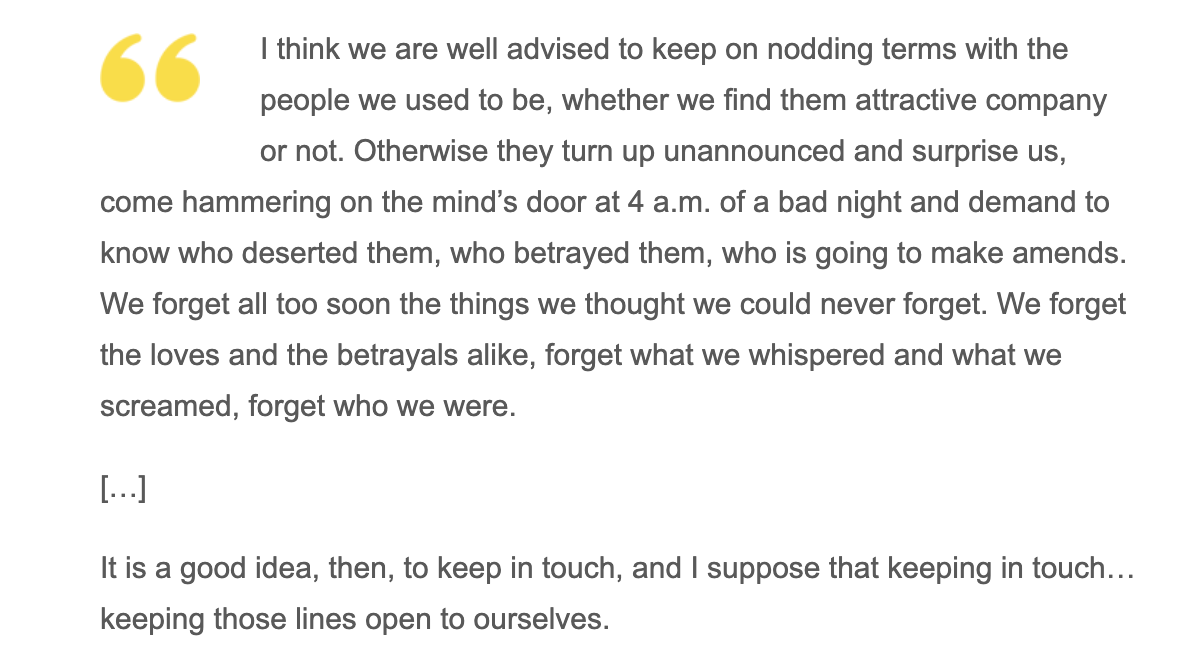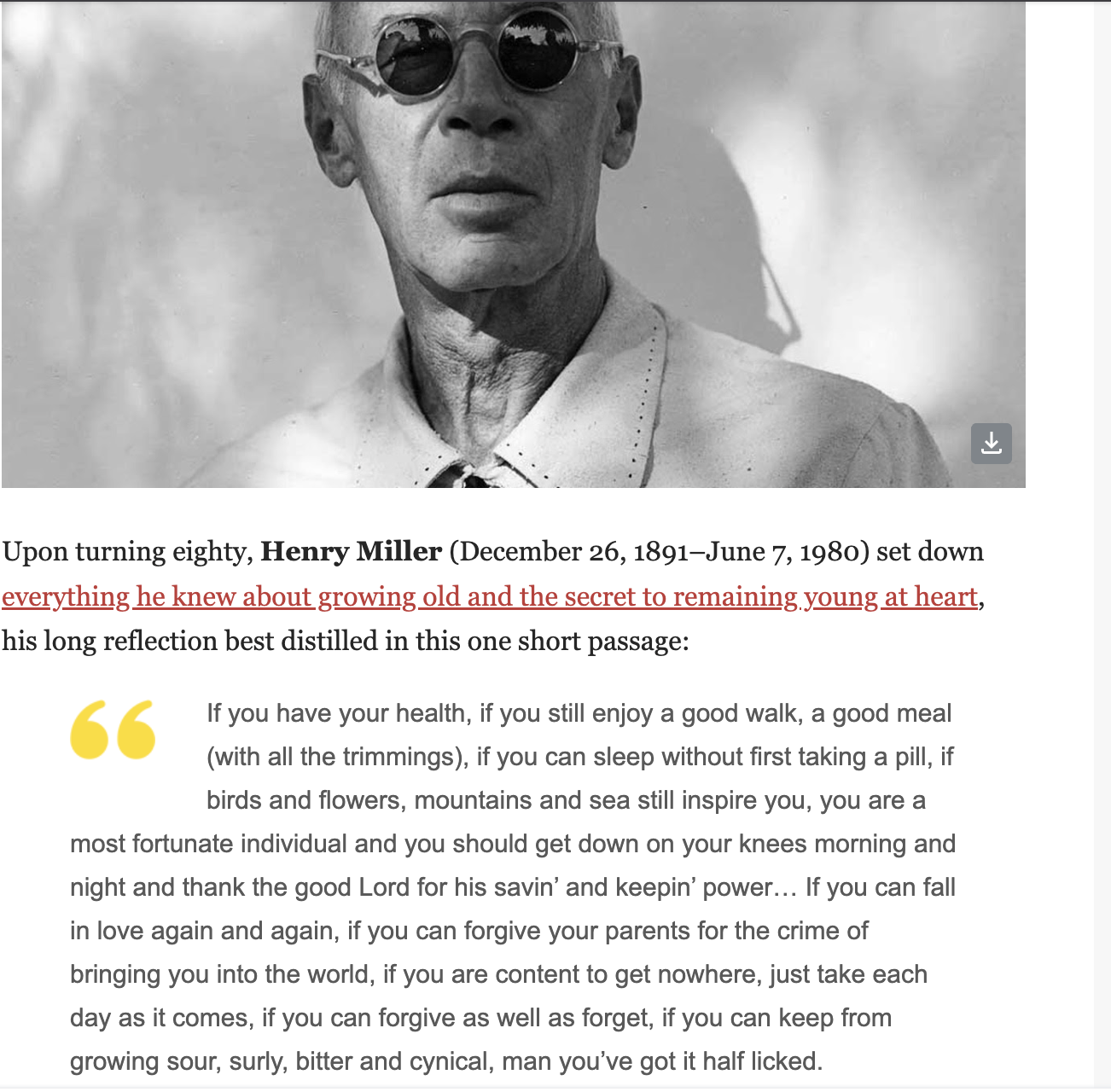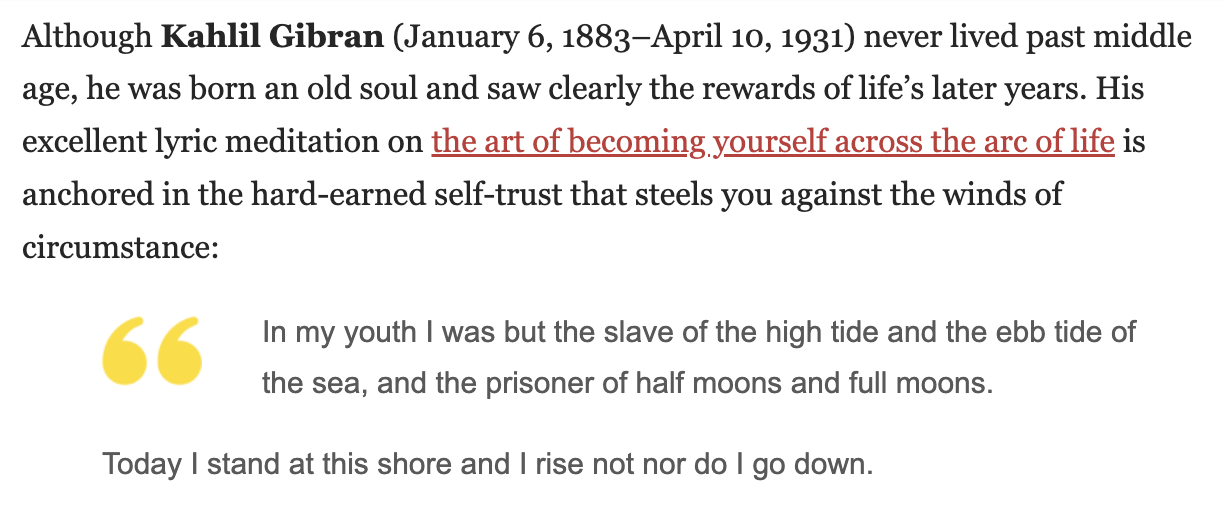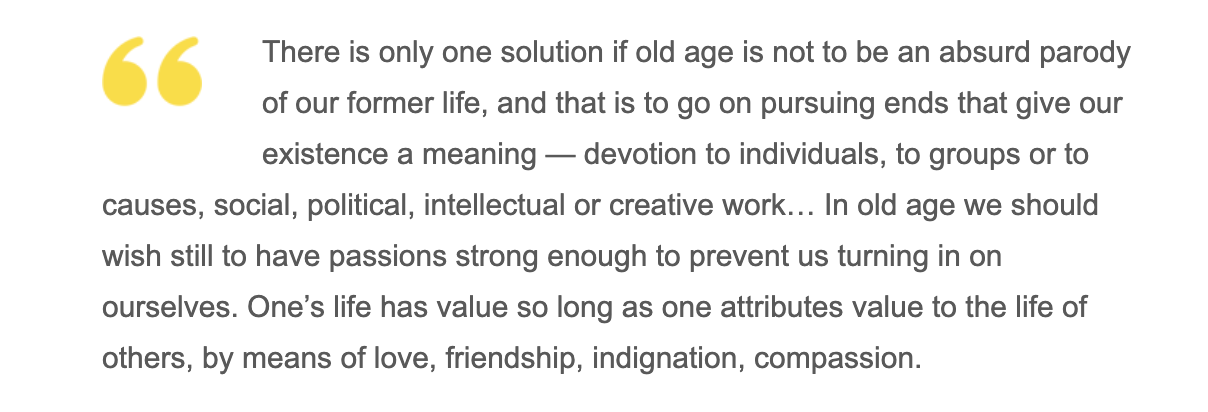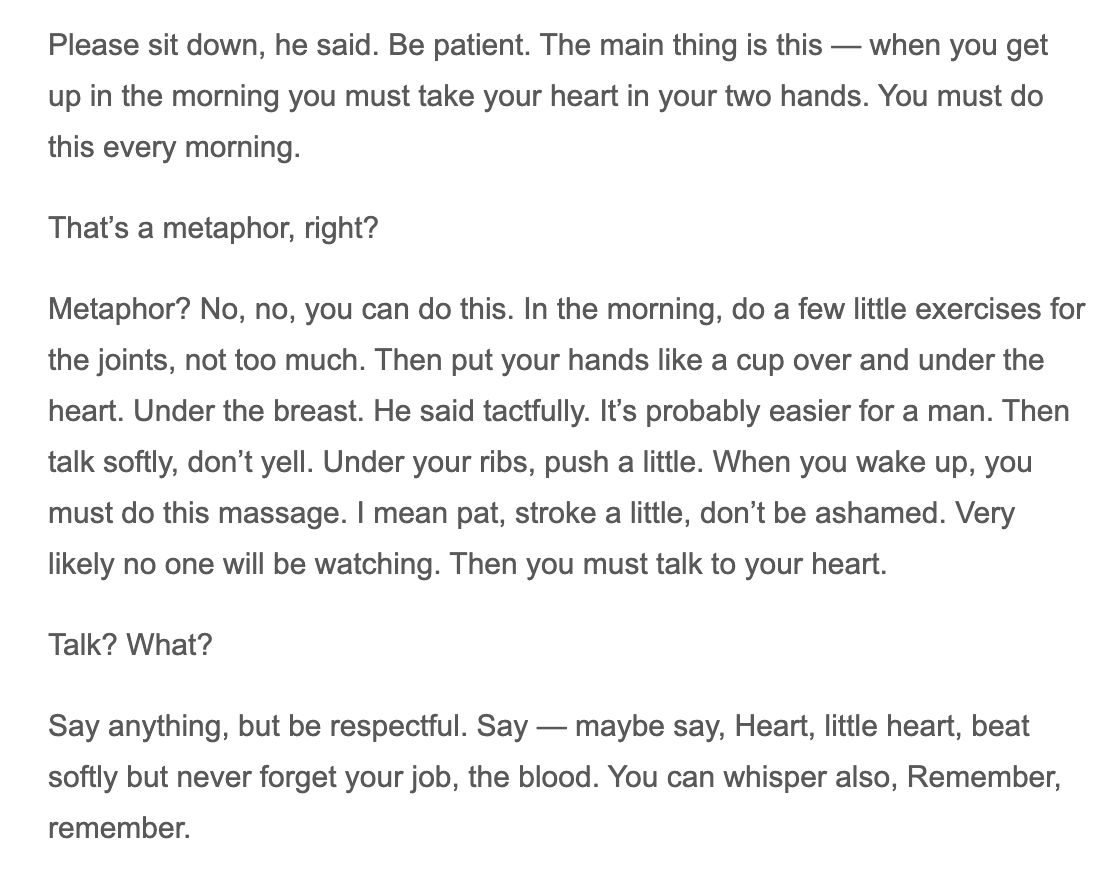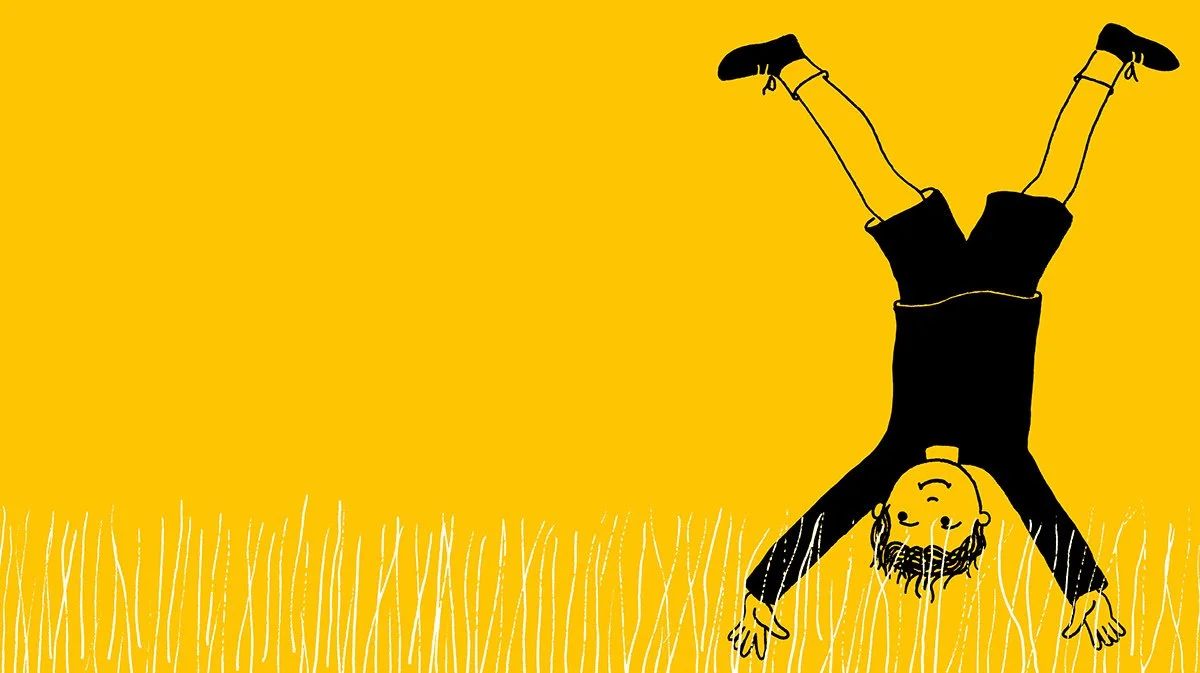A Series of Perspectives on Aging
Source: Maria Popova, The Marginalian
photo source: Anon
Ursula K Leguin, American Author
Nick Cave, Australian Singer Songwriter & Musician
Joan Didion, American Writer & Journalist
Henry Miller, American Novelist & Short Story Writer
Kahlil Gibran, Lebanese-American Writer & Poet
Simone de Beauvoir, French Philosopher & Writer
Grace Paley, America Author
EB White's Reply to a Distressed Man --- A Lesson For These Troubled Times
In 1973, more than two decades after a young woman wrote to Albert Einstein with a similar concern, one man sent a distressed letter to E.B. White (July 11, 1899–October 1, 1985), lamenting that he had lost faith in humanity. The beloved author, who was not only a masterful letter-writer but also a professional celebrator of the human condition and an unflinching proponent of the writer’s duty to uplift people, took it upon himself to boost the man’s sunken heart with a short but infinitely beautiful reply, found in Letters of Note: Correspondence Deserving of a Wider Audience (public library) — the wonderful collection based on Shaun Usher’s labor-of-love website, which also gave us young Hunter S. Thompson on how to live a meaningful life.
Dear Mr. Nadeau:
As long as there is one upright man, as long as there is one compassionate woman, the contagion may spread and the scene is not desolate. Hope is the thing that is left to us, in a bad time. I shall get up Sunday morning and wind the clock, as a contribution to order and steadfastness.
Sailors have an expression about the weather: they say, the weather is a great bluffer. I guess the same is true of our human society — things can look dark, then a break shows in the clouds, and all is changed, sometimes rather suddenly. It is quite obvious that the human race has made a queer mess of life on this planet. But as a people we probably harbor seeds of goodness that have lain for a long time waiting to sprout when the conditions are right. Man’s curiosity, his relentlessness, his inventiveness, his ingenuity have led him into deep trouble. We can only hope that these same traits will enable him to claw his way out.
Hang on to your hat. Hang on to your hope. And wind the clock, for tomorrow is another day.
Sincerely,
E. B. White
From the Marginalian, Maria Popova
Maria Popova- The Marginalian
The Maples by Marie Howe
Consolations From the Kiln
Pottery source: Anon Photo Source: The Marginalian
Art from The Marginalian
Art by Julie Paschkis
Art by Remi Charlip
Art by Giuliano Cucco
Maria Popova-- The Nature of the Mind
Maria Popova
The Souls of Animals, by Gary Kowalski
Source: The Marginalian
“They do not sweat and whine about their condition,” Walt Whitman wrote of the other animals, “they do not lie awake in the dark and weep for their sins, they do not make me sick discussing their duty to God, not one is dissatisfied, not one is demented with the mania of owning things.” Maria Popova
Gary Kowalski from his book The Souls of Animals:
”For ancient peoples, the soul was located in the breath or the blood. For me, soul resides at the point where our lives intersect with the timeless, in our love of goodness, our passion for beauty, our quest for meaning and truth. In asking whether animals have souls, we are inquiring whether they share in the qualities that make life more than a mere struggle for survival, endowing existence with dignity and élan.
Many people think of soul as the element of personality that survives bodily death, but for me it refers to something much more down-to-earth. Soul is the marrow of our existence as sentient, sensitive beings. It’s soul that’s revealed in great works of art, and soul that’s lifted up in awe when we stand in silence under a night sky burning with billions of stars. When we speak of a soulful piece of music, we mean one that comes out of infinite depths of feeling. When we speak of the soul of a nation, we mean its capacity for valor and visionary change… Soul is present wherever our lives intersect the dimension of the holy: in moments of intimacy, in flights of fancy, and in rituals that hallow the evanescent events of our lives with enduring significance. Soul is what makes each of our lives a microcosm — not merely a meaningless fragment of the universe, but at some level a reflection of the whole.
Without anthropomorphizing our nonhuman relations we can acknowledge that animals share many human characteristics. They have individual likes and dislikes, moods and mannerisms, and possess their own integrity, which suffers when not respected. They play and are curious about their world. They develop friendships and sometimes risk their own lives to help others. They have “animal faith,” a spontaneity and directness that can be most refreshing… all the traits indicative of soul. For soul is not something we can see or measure. We can observe only its outward manifestations: in tears and laughter, in courage and heroism, in generosity and forgiveness. Soul is what’s behind-the-scenes in the tough and tender moments when we are most intensely and grippingly alive.
How To Die by Edward Abbey
HOW TO DIE — but first, how not to:
Not in a smelly old bloody-gutted bed in a rest-home room drowning in the damp wash from related souls groping around you in an ocean heavy with morbid fascination with agony, sin and guilt, expiated, with clinical faces and automatic tear glands functioning perfunctorily and a fat priest on the naked heart.
Not in snowy whiteness under arc lights and klieg lights and direct television hookup. No never under clinical smells and sterilized medical eyes cool with detail calculated needle-prolonged agonizing, stiff and starchy in the white monastic cell, no.
Not in the muddymire of battle blood commingled with charnel-flesh and others’ blood, guts, bones, mud and excrement in the damp smell of blasted and wrung-out air; nor in the mass-packed weight of the cities atomized while masonry topples and chandeliers crash clashing buried with a million others, no.
Not the legal murder either — too grim and ugly such a martyrdom — down long aisled with chattering Christers chins on shoulders under bright lights again a spectacle an entertainment grim sticky-quiet officialdom and heavy-booted policemen guiding the turning of a pubic hair gently grinding in a knucklebone an arm hard and obscene fatassed policemen everywhere under the judicial — not to be murdered so, no never.
But how to:
Alone, elegantly, a wolf on a rock, old pale and dry, dry bones rattling in the leather bag, eyes alight, high, dry, cool, far off, dim distance alone, free as a dying wolf on a pale dry rock gurgling quietly alone between the agony-spasms of beauty and delight; when the first flash of hatred comes to crawl, ease off casually forward into space the old useless body, falling, turning, glimpsing for one more time the blue evening sky and the far distant lonesome rocks below — before the crash, before…
With none to say no, none.
Way off yonder in the evening blue, in the gloaming.
Robert Ranulph Marett-- Dormancy & Growth
Wonder--Is Always An Edge State
Art Source- Idyl Wyld
Maria Popova
Thank You Everything by Icinori
The following images are from the book
Thank You Everything, An Illustrated Love Letter to the World
by Icinori
The text following the pics is from Maria Popova regarding the book
A Vintage Ode to Friendship, Maurice Sendak
Leonard Cohen
Maria Popova-- 18 Years & Counting
John Cage: Nothing
Maria Popova on John Gardner
A person is not a potted plant of predetermined personality but a garden abloom with the consequences of chance and choice that have made them who they are, resting upon an immense seed vault of dormant potentialities. At any given moment, any seed can sprout — whether by conscious cultivation or the tectonic tilling of some great upheaval or the composting of old habits and patterns of behavior that fertilize a new way of being. Nothing saves us from the tragedy of ossifying more surely than a devotion to regularly turning over the soil of personhood so that new expressions of the soul can come abloom.
Maria Popova on John Gardner’s work
The Key to Self-Renewal
John Gardner:
Gardener goes on:
And:

